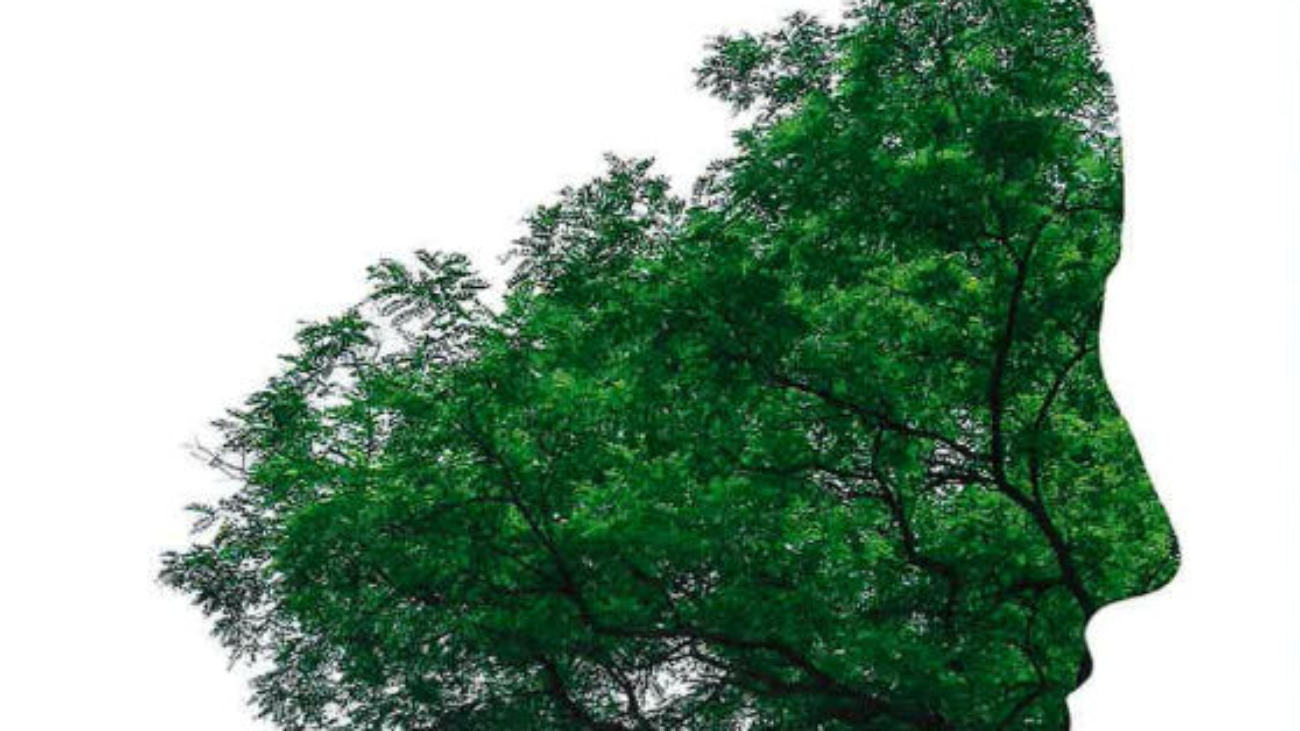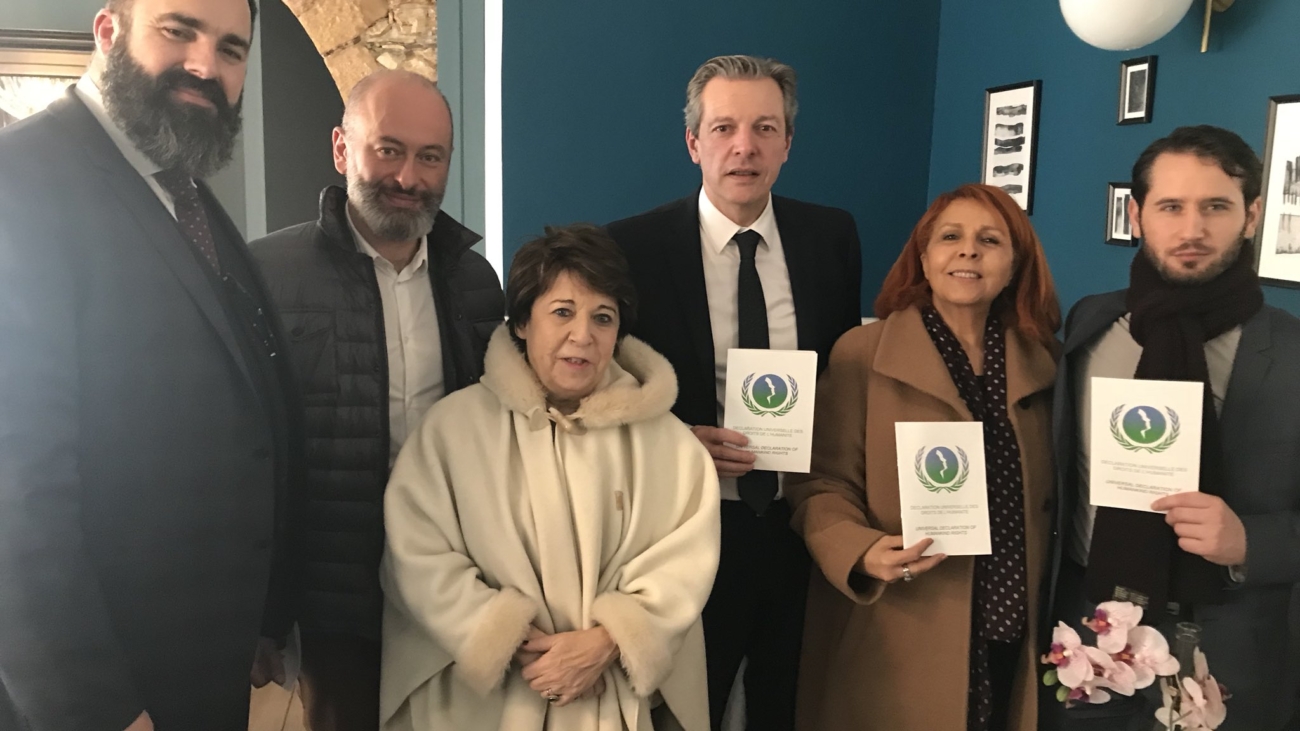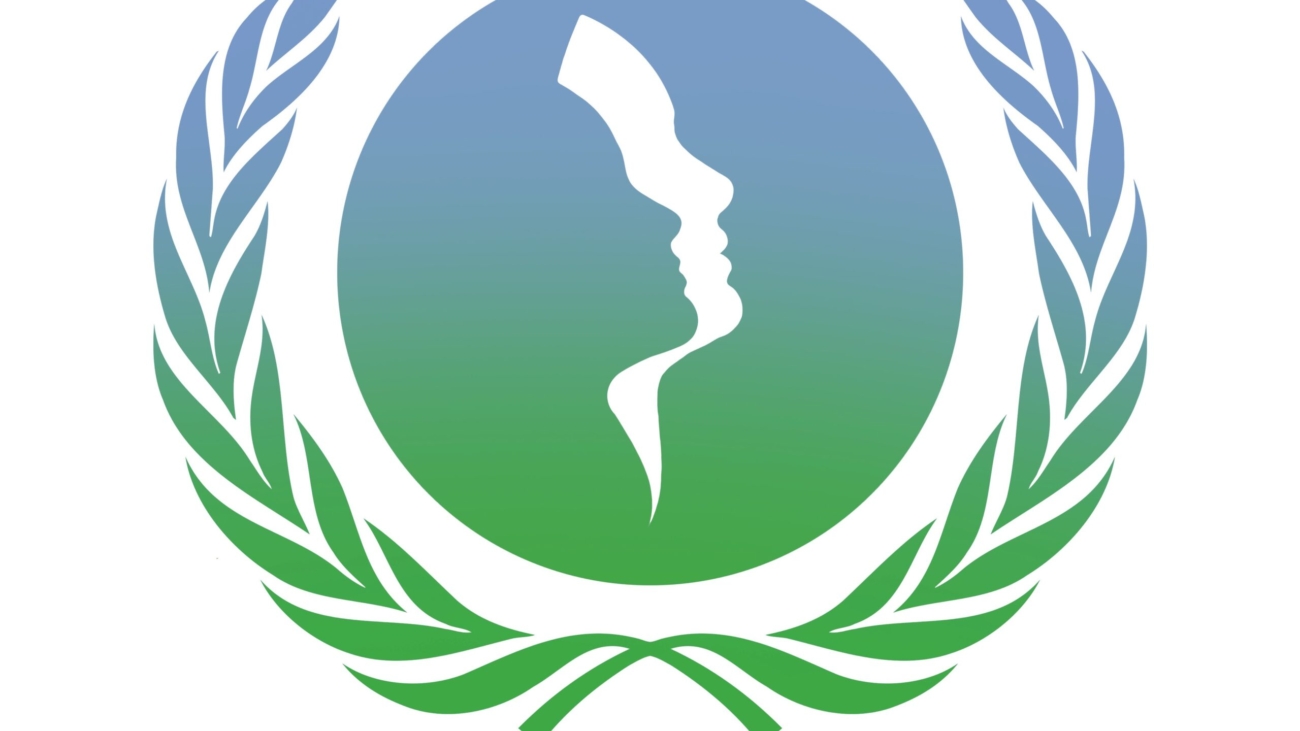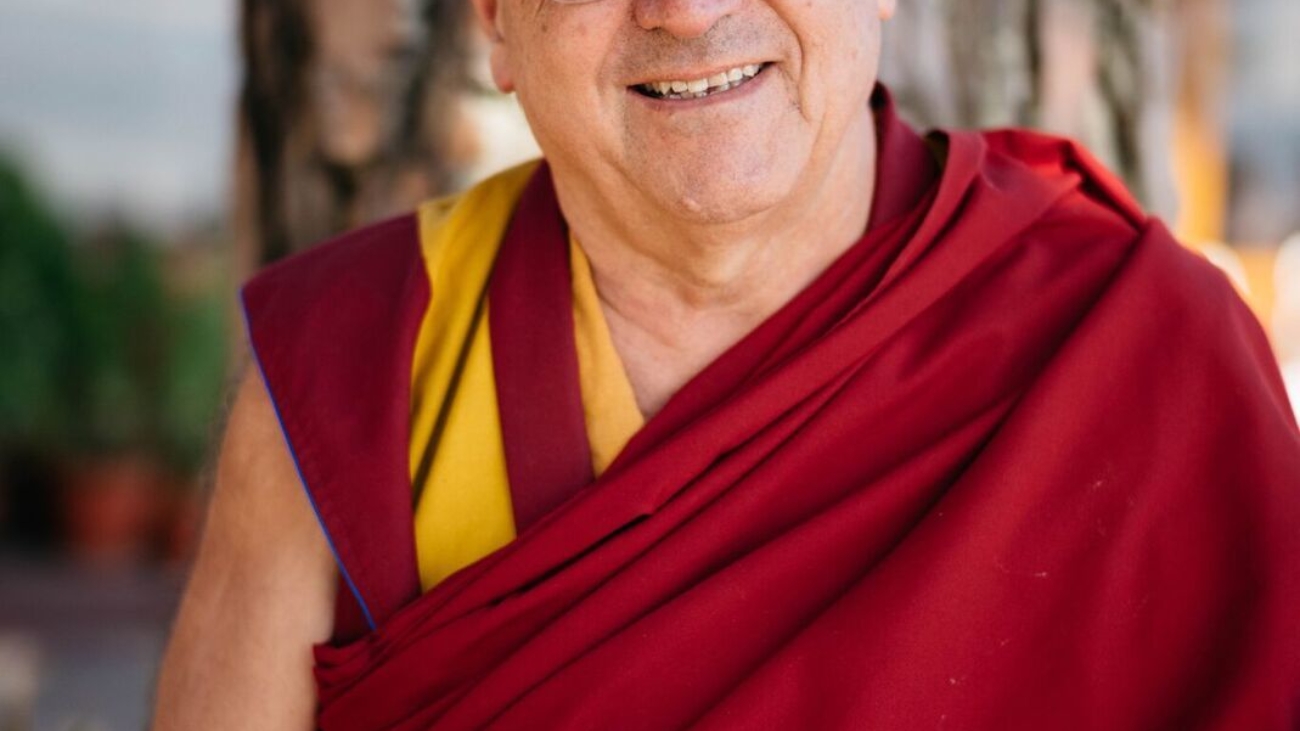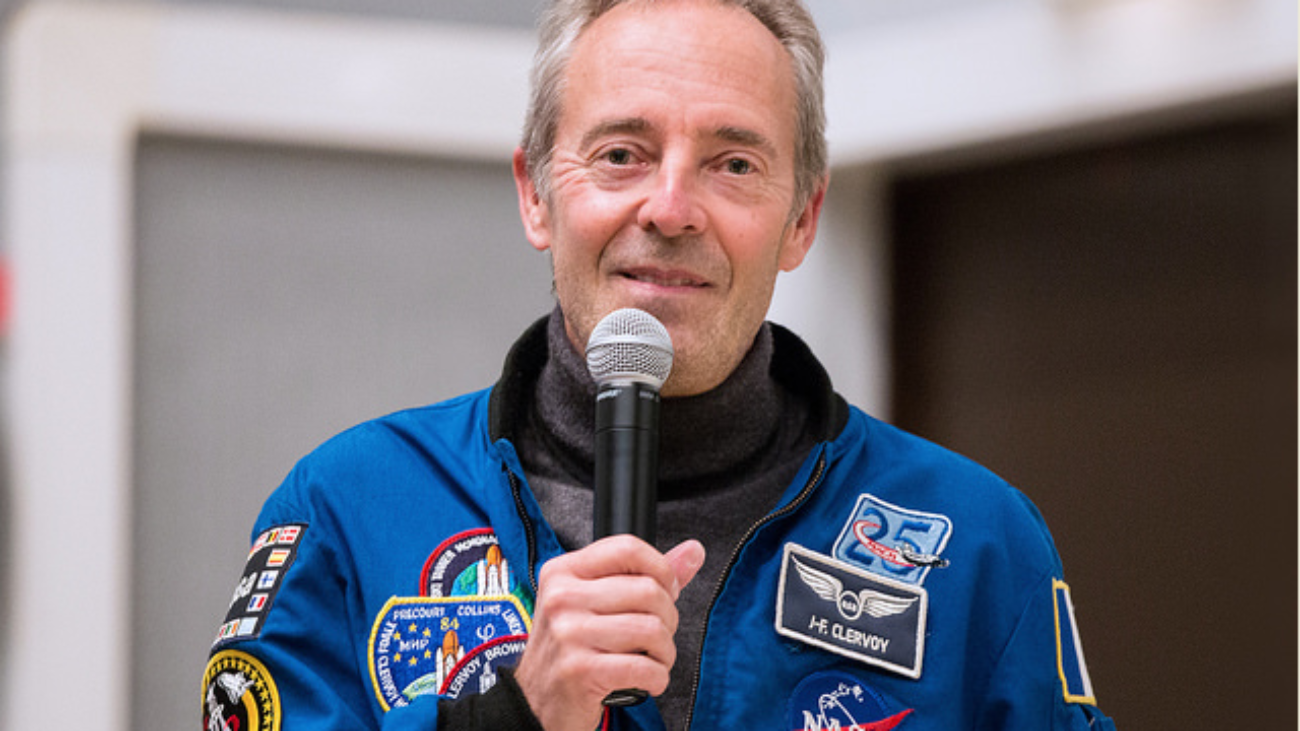In March, the book “Universal Declaration of Human Rights, article by article commentary” will be published in order to reinforce the legitimacy of the legal work that has been done on this declaration.
Drafted at the initiative of the President of the French Republic by a team of specialized jurists, under the leadership of Corinne Lepage, the HRDu sets out new rights and duties in the face of the climate emergency and the relative powerlessness of States to address it.
The Universal Declaration of Human Rights is based on the statement of four main principles:
- Responsibility, equity and solidarity;
- Dignity;
- Continuity of the existence of humanity;
- Non-discrimination on the basis of generation.
Its objective is to reconcile, in a sustainable way, human rights, human dignity and the maintenance of environmental rights for the entire planet.
In this book, the Universal Declaration of Human Rights is accompanied by commentaries, article by article, written by Jean-Christophe Barboto, Baptiste Bonnet, Laurence Burgorgue-Larsen, Hubert Delzangles, Nicolas de Sadeleer, Edouard Dubout, Émilie Gaillard, Juilan Jernandez, Catherine Le Bris, Rafaelle Maison, Maurice Meda, Agnès Michelot, Laurent Sermet, Francois-Guy Trébulle, Sébastien van Drooghenbroeck and Claire Vial, all recognized specialists in environmental law, human rights and public law.
Under the direction of :
Christian Huglo is a lawyer at the Paris Bar.
Fabrice Picod is a professor at the University of Paris 2 Panthéon-Assas, Jean Monnet Chair, and director of the European Law Center.

